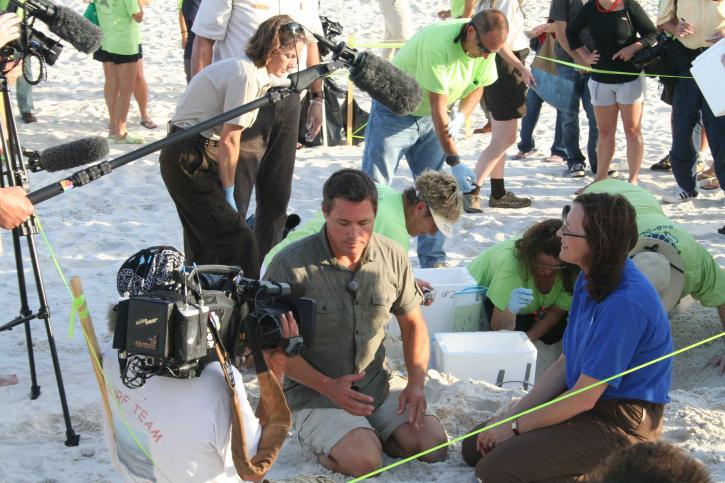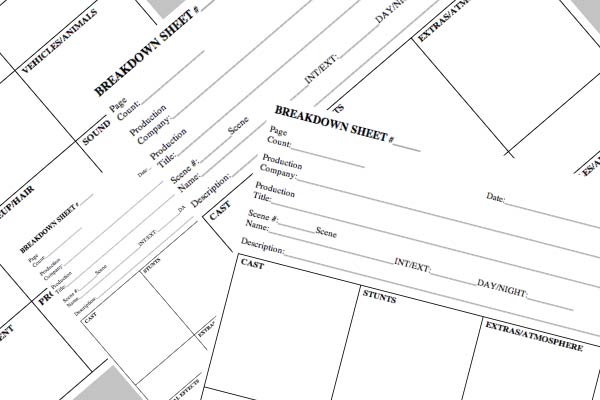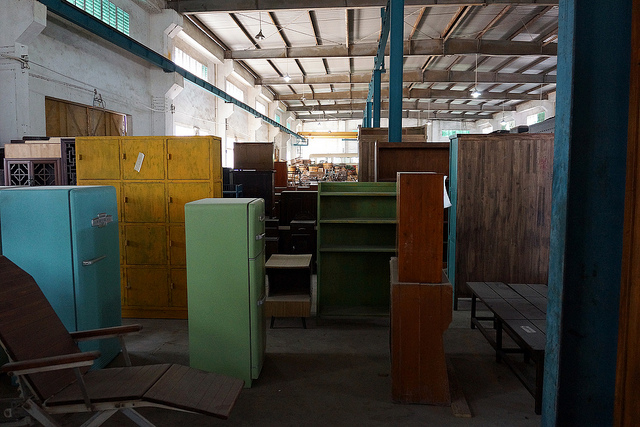
How do we communicate outward the work we do as learners, teachers, researchers? Portfolios and research papers are the final production. But like a film movie, a great deal of process happens that leads up to that, yet the process gets left on the cutting room floor. We see a lot of value, for yourself as a reflective practice and for others in sharing that process as you go.

The You Show is for people interested in (a) creating sharable portfolios of their work; (b) communicating or mobilizing information about their work to a general audience; or (c) improving their digital media skills. If any or all of those outcomes appeal to you, we invite you to be part of an eight week open seminar we call “The You Show”, running from January until March 2015.
This will be a hands-on, participatory experience. We will guide you through eight weeks of practical skill-building, mixed with what we hope will be examples of inspirational work and reflections. The goal is to create a public facing representation of yourself or your work, as well as the narrative of the thinking behind it. You will be expected to work, but then again that work will be directed to a product that should address your own objectives.
What we want to do is apply some of the fun and and approach of the digital storytelling course DS106 here at Thompson Rivers University (and for anyone else on the open web who wants to play along). We will have DS106 maven Alan Levine visiting us on-campus as a Research Fellow, and his expertise and experience provides us all with a rare opportunity to develop our skills together.
Why “The You Show”?
Well, partly because we can’t resist a metaphor. But also…
You are the star of your own show, you are also the producer and narrator of your own show. The production skills you will learn in this seminar will help you produce more compelling ways of sharing your show using visual, audio, and and video media.
Many in academia are concerned about “giving away their intellectual property”, when what is more interesting perhaps is sharing the ways we go about this kind of work. How do mathematical modelers solve problems? Where do psychologists go to find new ideas? How do linguists deal with complexity? When all you produce outwardly is a published paper or a conference presentation, we leave out the illustrative insight into how creative idea work is done.
This practice of “narrating our work” has been advanced by technical pioneers such as Jon Udell as well as a strategy of Show Your Work— see books by (in art) by Austin Kleon and (in business) by Jane Bozarth.
See what is currently going by dipping into the flow of syndicated participant blogs or see the roll call of their blogs.
This is the pitch
What comes out of it is up to you: how much you put into the experience, and how much you are willing to try some new ways of doing things. While aimed at people at TRU we are open to and have an active group of open participants.
Have we registered any interest? Learn how to get started.



